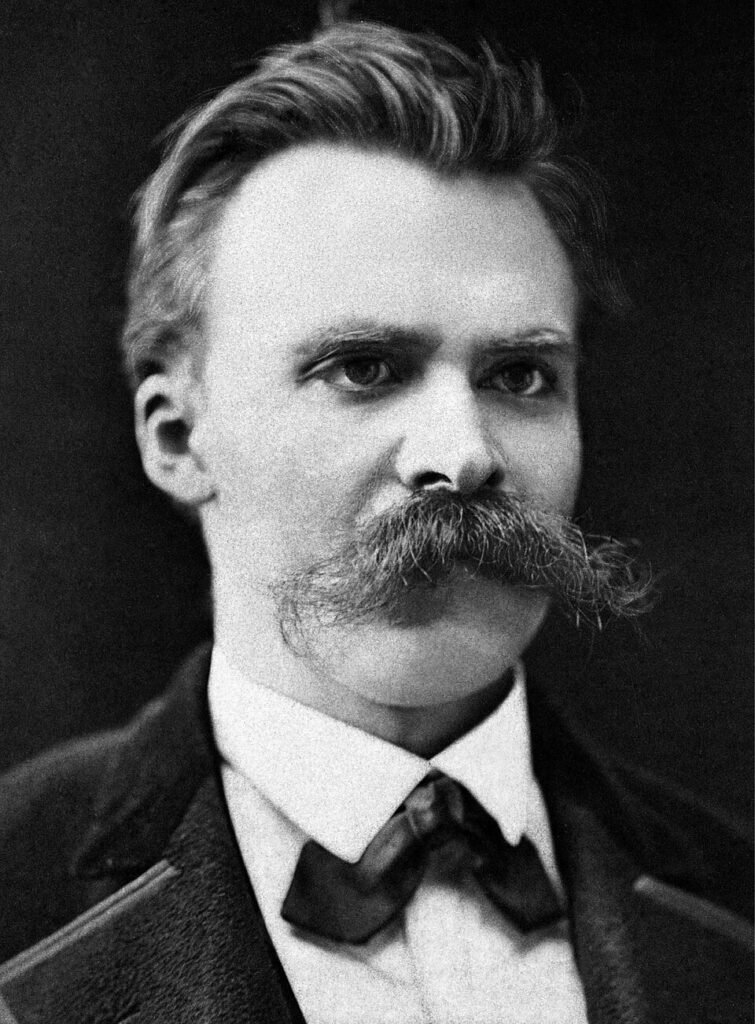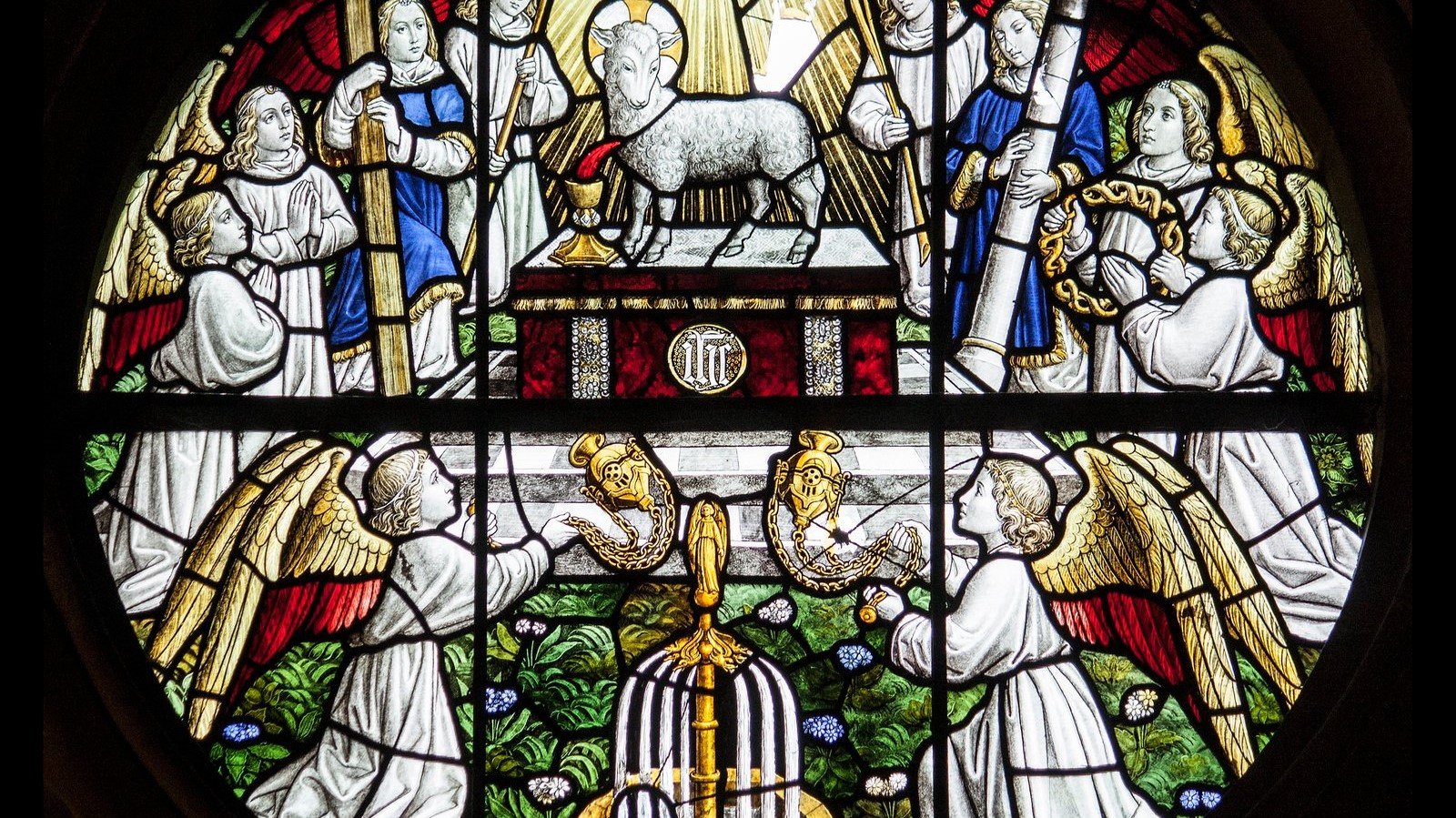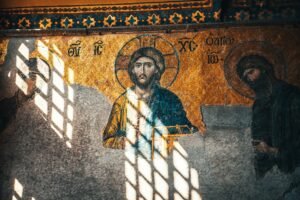What comes to your mind when you hear the word power? For many, power evokes images of influence, prestige, dominance, or control. In our culture, power is worshipped, from TikTok influencers to political leaders, from academic credentials to corporate ladders. Even the post-modernitst types who are critical of all forms of power and want to deconstruct it, often do so in order to seize it for themselves.
But what happens when we shift the conversation to leadership and power in the context of the church? Is the church immune to the thirst for power that permeates our culture? Sadly, no. Sometimes masked by spiritual rhetoric or leadership gimmicks are selfish desires for control, the need to boost personal ego, or attempts to manipulate and impress.
To truly understand leadership within a biblical framework, we mut confront this cultural obsession with power. The philosopher Friedrich Nietzsche, a central figure in modern thought, famously declared, “God is dead. God remains dead, and we have killed him.” Because God is dead, we must take control of our own destiny. Nietzsche’s vision of power centered around the Ubermensch, the “overman” or “superman” who rises above morality and weakness to shape the world by his own strength. He despised the figure of Jesus, who he saw as weak, and sought instead to glorify human self-sufficiency and power. Tragically, this philosophy helped fuel the ideology of Nazi propaganda and their idea of superior race.

In contrast, Jesus turned the world’s idea of power on its head. While Nietzsche pointed to the Ubermensch, Jesus pointed to the child. In the Sermon on the Mount, Jesus declared, “Blessed are the poor in the spirit… the meek… the merciful… the pure in heart… the peacemakers” (Matthew 5). God’s Kingdom is an upside-down Kingdom, where power is not grasped but surrendered, and victory comes through the cross.
One of the most vivid images of this paradox is found in Revelation 7:17, where at the very center of God’s throne, the symbol of divine power, stands a slain Lamb, the ultimate symbol of humility and weakness. Jesus, crucified and risen, embodies this collision of strength and surrender.
The Apostle Paul took this radical idea seriously, especially in his letters to the Corinthians. His message was simple: God’s power operates best in human weakness. In 1 Corinthians 1:17-2:5, Paul explores this truth from three perspectives: the gospel itself, those who believe it, and the messenger who proclaims it.
Power Through Weakness in the Gospel
Paul begins by challenging the world’s perception of the gospel. To many, the message of the cross is absurd. “For the word of the cross is folly to those who are perishing,” Paul writes, “But to us who are being saved it is the power of God” (1 Corinthians 1:18).
He categorizes humanity into three groups, not by ethnicity but by mindset:
- Jews, who demanded signs (v.22-23). They longed for a political Messiah who would overthrow Rome, not a rabbi executed on a Roman cross. The gospel was a stumbling block to them.
- Greeks, who pursued wisdom (v.22-23). Their philosophical worldview found the idea of a crucified God to be sheer foolishness.
- Christians, those who are “called,” who see Christ crucified not as weakness but as the power and wisdom of God (v.24).
While Jews “demand” and Greeks “seek,” Christians preach Christ crucified. This proclamation of apparent weakness reveals the paradoxical power of God. As Paul writes, “the foolishness of God is wiser than men, and the weakness of God is stronger than men” (v.25).
Power Through Weakness in Those Who Believe
Next, Paul urges the Corinthians to consider their own lives. “Not many of you were wise… not many were powerful… not many were of noble birth” (1 Corinthians 1:26). In other words, God did not call the elite to showcase their credentials, but ordinary people through whom His power could be on display.
“God chose what is foolish… weak… low and despised… so that no human being might boast in the presence of God” (v.27-29). The point is not to belittle believers, but to highlight the source of their transformation. Their salvation is not a product of human strength or intellect, but divine grace.
Martin Luther captured this beautifully:
“Only the prisoner shall be free; Only the poor shall be rich; Only the weak shall be strong; Only the humble exalted; Only the empty filled; Only nothing shall be something.”
This is the principle of the upside-down Kingdom: God delights in using weakness to display His glory.
Power Through Weakness in the Messenger
Finally, Paul points to himself. The Corinthians, shaped by a culture that prized eloquence and intellectualism, were tempted to judge Paul’s ministry by worldly standards. But Paul intentionally chose a different path.
“When I came to you… I did not come proclaiming… with lofty speech or wisdom… I decided to know nothing among you except Jesus Christ and him crucified” (1 Corinthains 2:1-2). He came “in weakness and in fear and much trembling” (v.3), relying not on rhetorical flair but on “a demonstration of the Spirit and of power” (v.4).
Despite Paul’s brilliant mind and theological depth, he embraced his frailty. According to 2nd century tradition Paul was described as physically unimpressive, even unattractive. Years of suffering and hardship will do that to you. Yet, through his weakness, God’s power was made manifest.
This is the heart of biblical leadership, not a pursuit of status or charisma, but a humble dependence on the Spirit. Paul wanted the Corinthians’ faith to rest “not in the wisdom of men but in the power of God” (v.5).
Cover picture: Worthy is the Lamb who was Slain! by Lawrence OP is licensed under CC BY‑NC‑ND 2.0. Source: Flickr.
Photo of Friedrich Nietzsche (c. 1875), public domain scan by Anton (2005), via Wikimedia Commons


